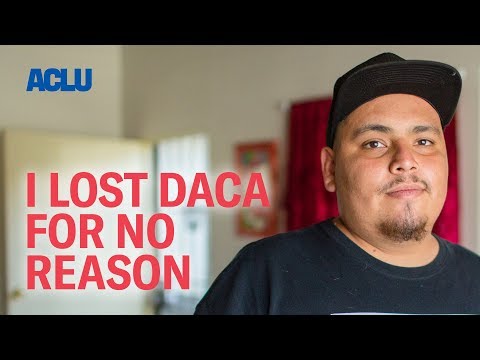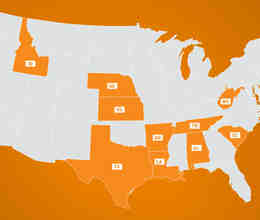
Rosa Maria Hernandez
Rosa Maria Hernandez is a 10-year-old Dreamer with cerebral palsy who was stopped at an immigration checkpoint en route to undergo gallbladder surgery. Border Patrol agents followed her to the hospital and took her into custody after her surgery. Rosa Maria would qualify for protections under the Dream Act.










